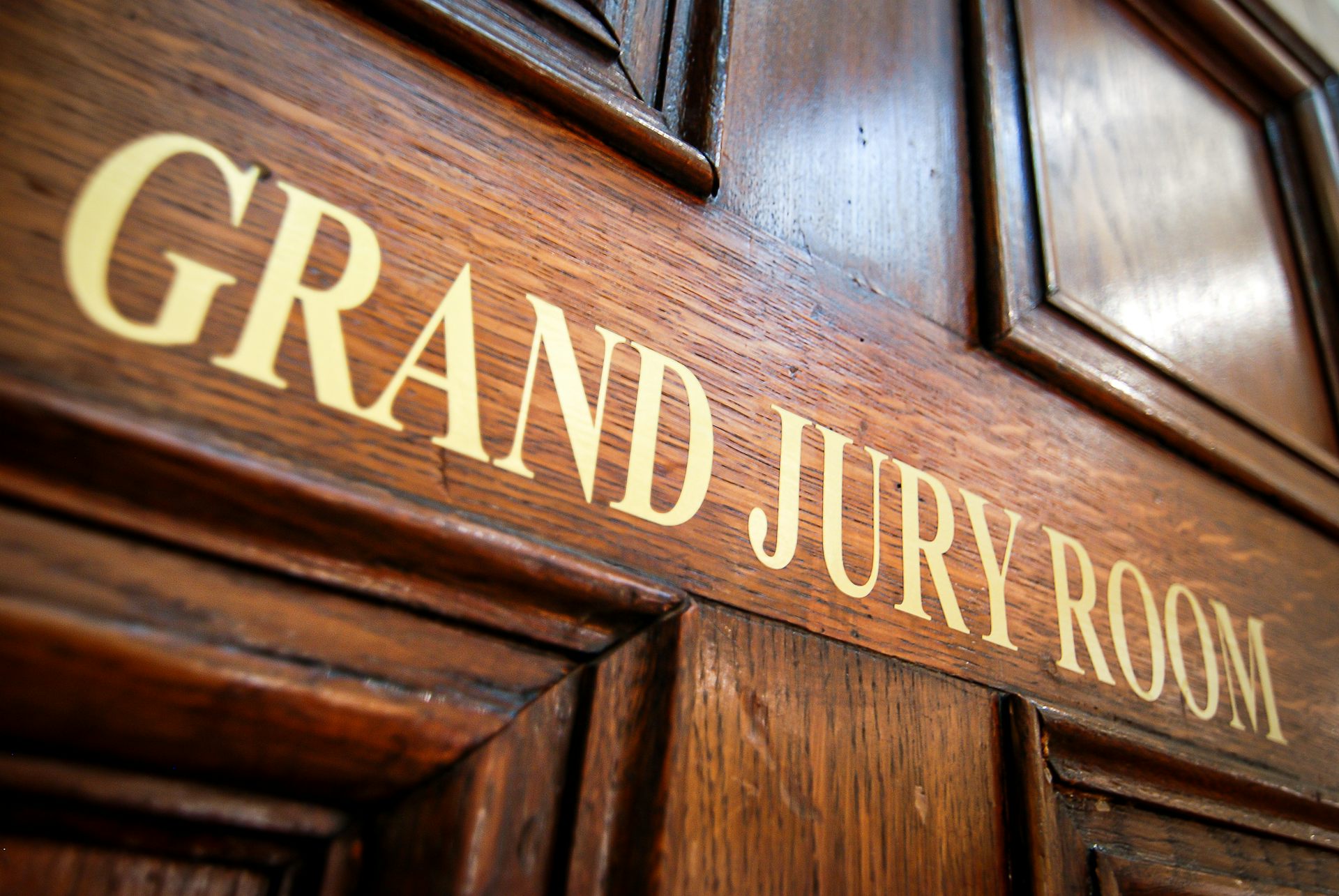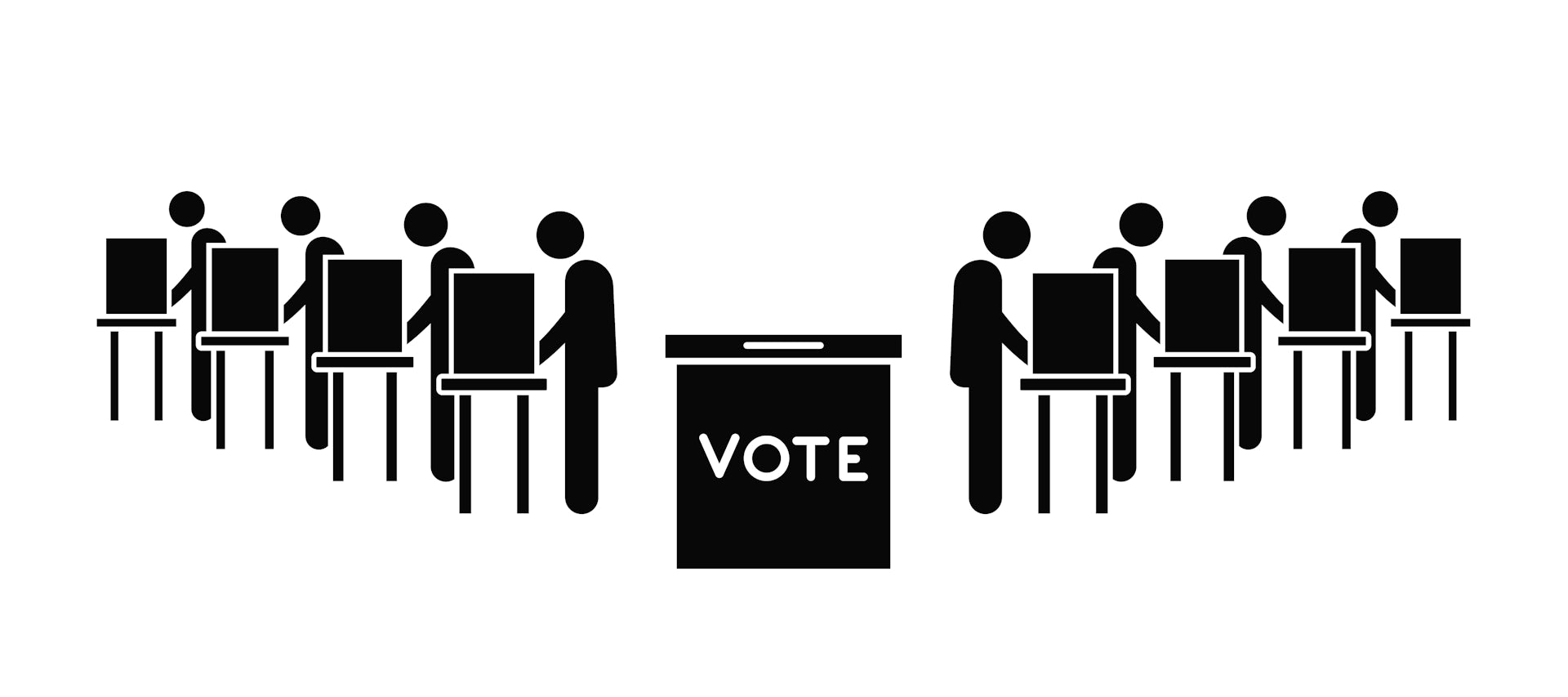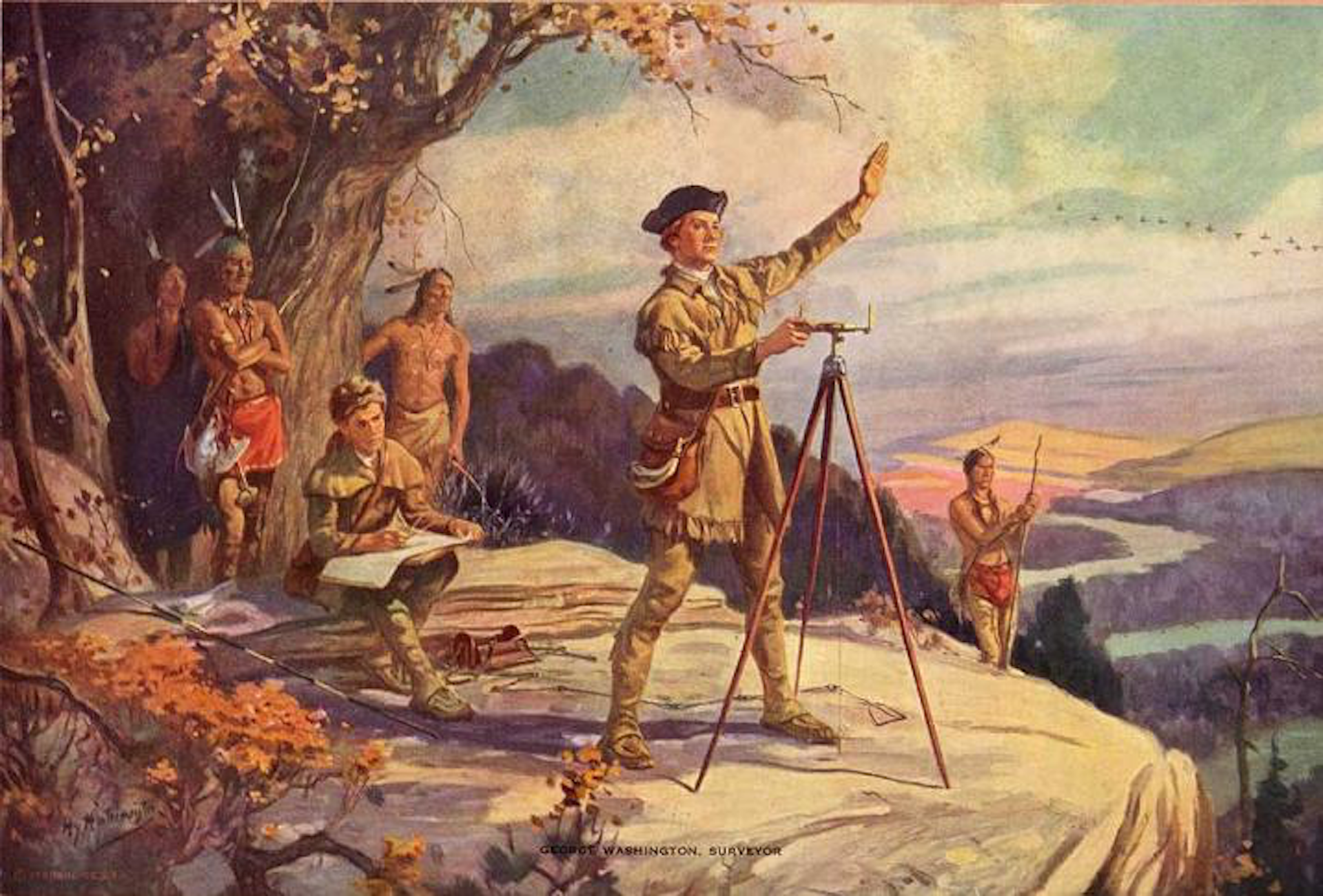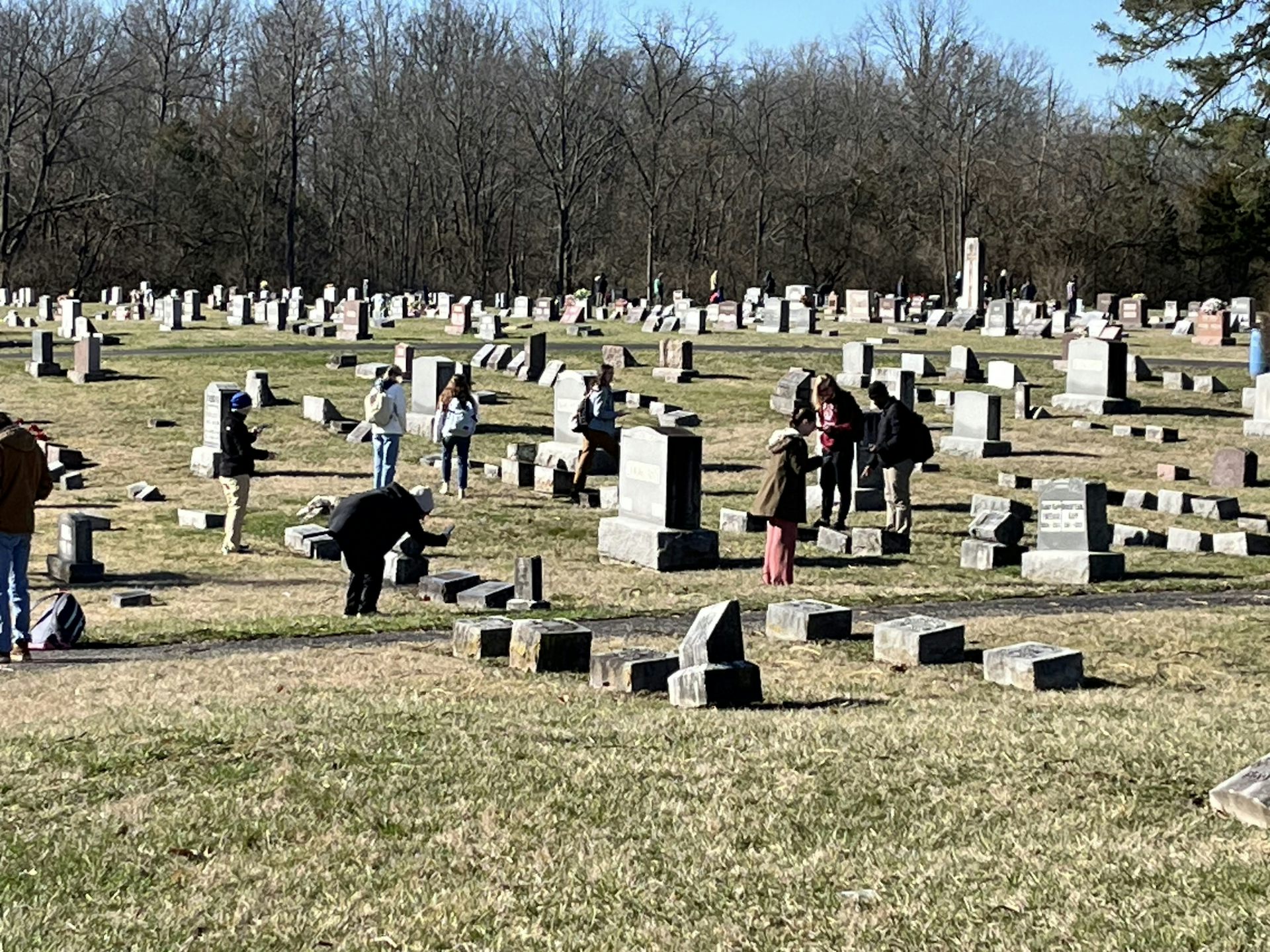The song that had one British politician wishing for the Sex Pistols' 'sudden death'
Banned from the BBC, denied its rightful place on the charts, 'God Save the Queen' – released 40 years ago this month – remains one of the most controversial protest songs of all time.
Since punk rock’s earliest days, the genre has sought to challenge social norms and traditions.
But when the Sex Pistols came out with “God Save the Queen” 40 years ago, on May 27, 1977, it was instantly greeted with widespread, visceral condemnation.
Released only months after the band’s infamous and expletive-laden television debut on the Bill Grundy show in December 1976, many viewed the song as an all-out assault on the morals and values of British culture. Others saw it as an attack on civilization itself. London Councilor Bernard Brook Partridge described the song’s creators as “the antithesis of humankind” and wished for their “sudden death.”
What made “God Save the Queen” so much more menacing in the eyes of its critics than any other punk song released in 1977? Why did the BBC bar it from radio airplay? And why was it denied its rightful place at the top of the U.K. Singles chart despite outselling the number-one hit of the time, Rod Stewart’s “I Don’t Wanna Talk About It”?
Many think the song was denounced because it distilled punk’s key complaints into a single, targeted hit against British civic and political life, which was embodied by the royal family. Originally entitled “No Future,” the song ended up changing its name to “God Save the Queen,” an appropriation of the British national anthem. The Pistols’ version was an “anti-anthem,” a critique of Queen Elizabeth II, whose Silver Jubilee – a celebration to commemorate the 25th anniversary of her ascension to the throne – happened to coincide with the year of the song’s release.
The artwork that accompanies the song depicts defaced images of her Jubilee portrait and torn pieces of the Union Jack and Royal Stewart tartan. The lyrics, meanwhile, reflect the state of an empire that seemed to be imploding during the economic downturn of the mid-1970s:
Oh when there's no future
How can there be sin
We're the flowers
In the dustbin
We're the poison
In your human machine
We're the future
Your future!
Taken together with its visuals, the song rings like a dire warning about the waning fortunes of the post-colonial British Empire at the very moment that it was celebrating its queen.

Recent scholarly interest in the intersection of punk and religion gives a more nuanced reading of the song’s title and lyrics. According to punk scholar Mark Johnson, where the British national anthem asks God to watch over the queen as she executes her duties, the Pistols’ version conflates the queen and the church over which she presides.
Johnson argues that the song’s central message is that “if there really is no future, and thus no future judgment, then how can there be sin for there is no penalty?”
The phrase “no future” – repeated 15 times during the song – becomes a call to arms against any authority that promises salvation in exchange for obedience.
The song found a visual counterpart in the punk fashion designer Vivienne Westwood’s DESTROY T-shirt, which infamously featured an upended crucifix superimposed on the Nazi swastika. Film clips of the band’s live performances and many photos from the period associate Rotten with the T-shirt.
Unlike other punk songs of its time, “God Save the Queen” attracted criticism because it mixed signifiers of British pride and patriotism with one of the most reviled symbols in the world: the swastika. But for those who lived in London’s crumbling, impoverished neighborhoods during the 1970s, the “victory” against the Nazis seemed like a myth. If winning the war promised a better future, British youth were still waiting. And as the song alleges, Nazism was simply replaced by a “fascist regime” intent on keeping the poor in their place by denying them educational opportunities and meaningful employment. It also overlaid this political critique with a sharp stab at the Church of England, which the band viewed as complicit in the subjugation of those it was supposed to help.
Where other punk songs only hinted at the source of the economic and social problems in the U.K. in the mid-1970s, the Pistols were prepared to name their enemy. Until “God Save the Queen,” no punk band had pointed directly at the queen or the church as the source of all societal ills. And this is what made them sinners – and even treasonous – to the band’s critics.
John (“Rotten”) Lydon has since explained that the song was a counterattack against these critics:
“There we have it. More sinned against than sinning, don’t you think? I’d like to sum up with what my real opinion of censorship is, but quite frankly, I’d be censored for it. So I’ll let you guess the rest.”
“God Save the Queen” can be located in a rich history of protest songs. Stretching back to genres like folk and soul, it’s most prevalent today in genres like rap. What these songs hold in common is a willingness to speak truth to power. And with many angry over Donald Trump’s election in America, we’ve already seen at least one artist, the rapper YG, use the blunt, in-your-face style of the Sex Pistols with his song “FDT” (“F— Donald Trump”).
Karen Fournier does not work for, consult, own shares in or receive funding from any company or organization that would benefit from this article, and has disclosed no relevant affiliations beyond the academic appointment above.
Read These Next
Trump administration losing credibility with judges and grand juries – a former federal judge explai
Grand juries, historically rubber stamps for prosecutors’ attempts to indict, are rejecting the Trump…
‘Proportional representation’ could reduce polarization in Congress and help more people feel like t
The electoral system used by many global democracies eliminates gerrymandering and has been shown to…
How a 22-year-old George Washington learned how to lead, from a series of mistakes in the Pennsylvan
Washington’s fundamental character as a military leader was forged in the Ohio River Valley, where…





